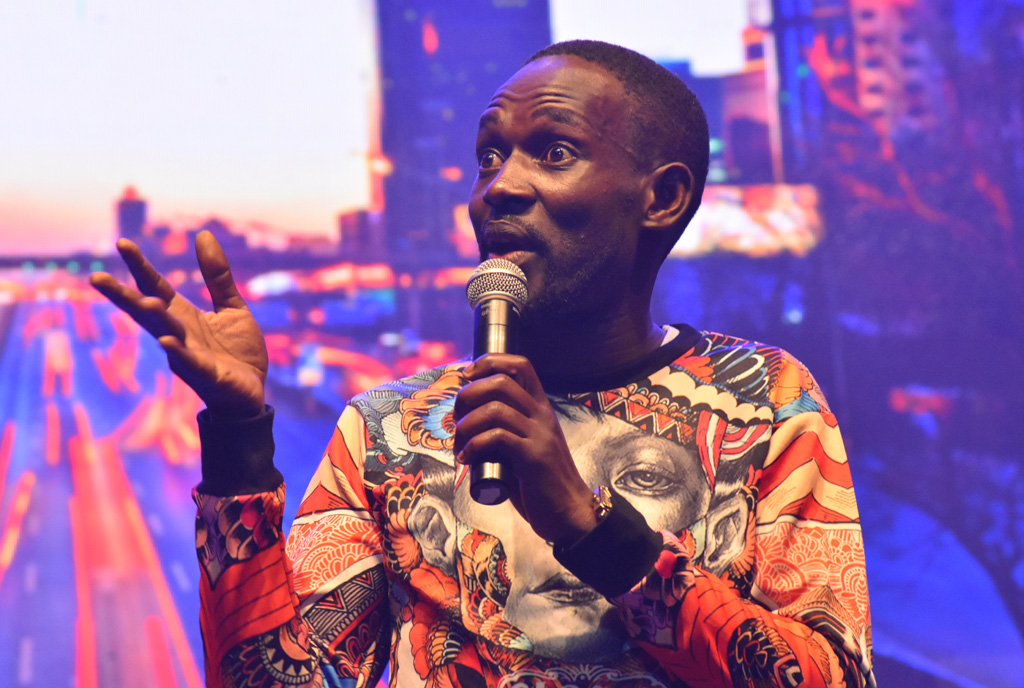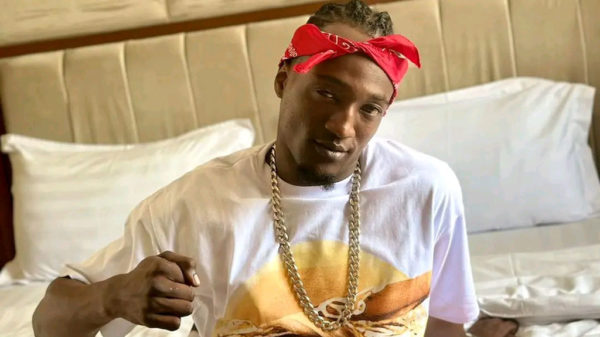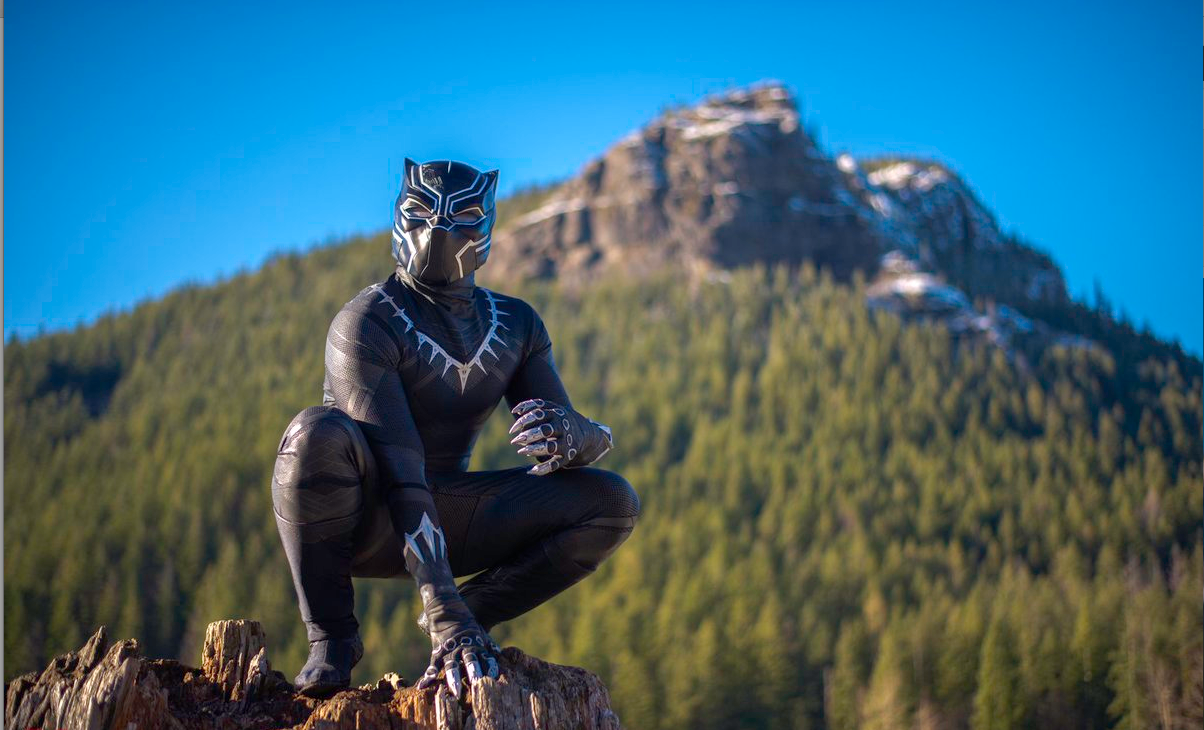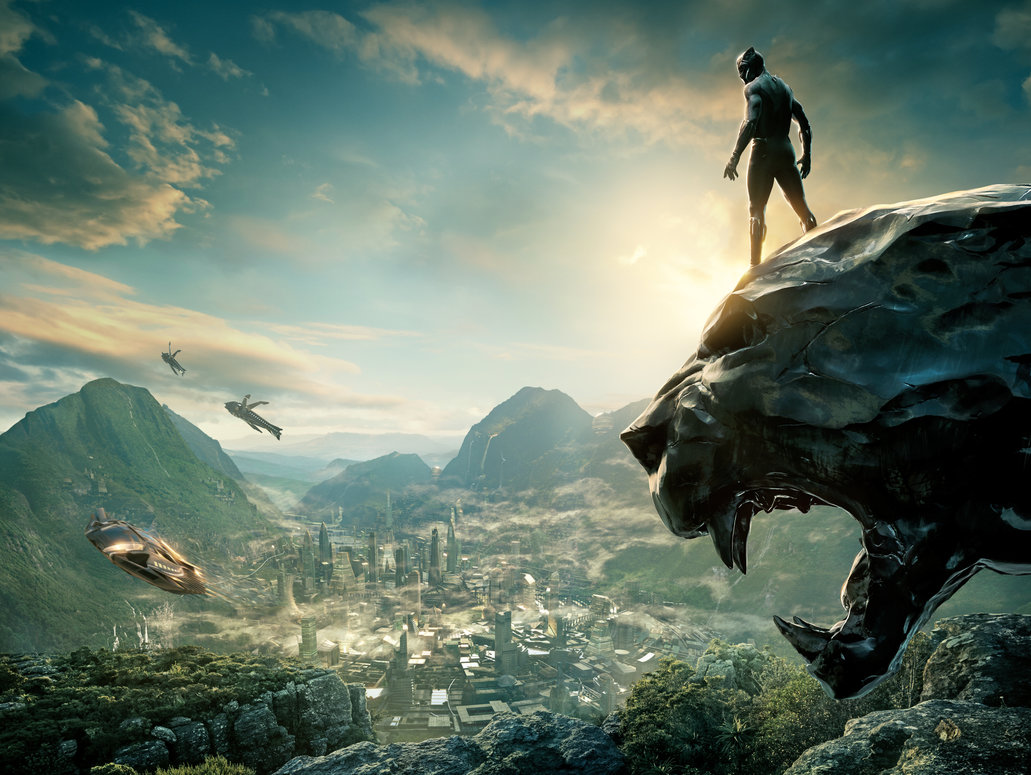From the time the cast of Marvel Studio’s Black Panther was announced, it was clear the guys behind Iron Man, Captain America, Thor and the collective Avengers were onto something different and of course a political statement.
For many, the statement was about giving African Americans roles of pride, roles that defied the second wheel nature of Don Cheadle’s Iron Patriot in Iron Man or David Ramsey’s John Diggle in DC’s Arrow.
But of course after the film sold out theatres both in Uganda and the world, we know that Marvel is doing more than give two Ugandans and other black actors roles; in fact, for many the film was one that debunked the theory that Africa is the future to Africa is now.
According Ian Mark Kimanje, a film producer that watched Black Panther on the opening weekend, he was left with two messages, one that impacted his job as a film maker and another that talked to him as an African.
“The film is testament that the world is looking for a different narrative, a new hero with a different surrounding,” he says adding that the success of Black Panther should be a wake up call to people creating content.
“I think the film is opening doors for high end African cinematic content, but sadly, are we ready for the opportunity?” he wonders.
But that’s not all Kimanje saw, he also notes that the theme of the film which talks about a third world country rich with minerals to the ignorance of the world is indeed an African story; “This film is strategically telling Africans that they are the most powerful people on earth even when they don’t know that.”
The film follows T’Challa who returns home to the African nation of Wakanda to take his rightful place as king after the death of his father.
According to variety.com, since it’s release, Black Panther has grossed over $200m in it’s opening weekend with many expecting it to hit a billion, in Uganda, screening at Acacia Mall have been sold out in all the theatres the film is scheduled and by 5:30pm on Monday, Tuesday’s screenings for 9pm, 7pm and 6pm were almost fully booked.
So what makes Black Panther tick?
It is a fictional film that chose to take its game way too serious, mirroring Africa not in just admirable ways but in other ways that seemed to celebrate tendencies documentaries and news channels have beautifully deemed uncouth.
And unlike many films whose Afro-futurism is mostly studio based, Black Panther’s Wakanda, even when fiction superimposed lots of the real Africa was used to create the magic that’s cashing in million at the moment.
For instance, much as much of it was shot in Atlanta at the Pinewood Studios and Busan, South Korea, a number of aerial scenes were done in Zambia, South Africa and as you may know Uganda’s Rwenzori mountains, Bwindi and Lake Bunyonyi.
READ ALSO: How Ugandan production house was fooled by ‘Black Panther’ film crew
Apparently Talking Films, the same crew that was contracted on sets like Sara’s Notebook and Queen of Katwe was still the service provider or fixers for aerial director of photography John Marzano.
Like Kimanje says, the film presents an opportunity and maybe it’s finally that time Uganda woke up and took the arts serious – Al right, maybe if we don’t invest in the arts but promote locations as a bait, the future will present more than just micro second scenes of Bunyonyi as a pseudo Wakanda but actual movies and storylines made for this land.
This in turn creates tourism awareness, creates employment in the tourism sector and by default moves film and art in general.





























































